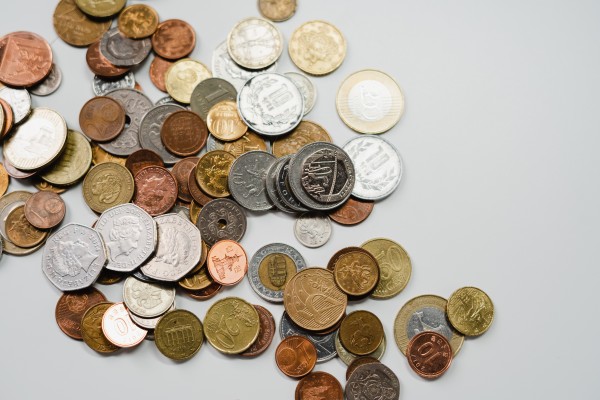

The Bank of England’s interest rate hike at the end of last year to 0.25 per cent was met with surprise in some quarters.
The generally accepted view was that the BoE would wait until the effects of Omicron became clearer before applying the almost inevitable response to the unexpectedly high inflation rate published earlier in the week.
Whatever your view on whether the BoE would have been better to wait a few months, most commentators and those of us with more than a passing interest in these matters are more or less agreed that both figures herald a change in the financial environment to the one we have been used to for the past 10 years and more.
And the question for the advice industry, considering this, is: how will this impact on the advice I give to my clients seeking a steady return and income in what is looking like a less benign inflationary environment?
Let’s consider this. Since 1989 CPI has steadily been decreasing, on a largely downward trend, to 2 per cent in July 2021. However, since then, the trend has reversed and the concern must be whether this is going to continue. There is a clear argument that it will.
The factors that drive inflation are still there, one of the main ones being the rise in energy costs in the second half of last year. This adds to CPI itself, constituting as it does a large part of most people’s monthly budget, but also drives other costs, mainly through the impact it has on transport costs, and those in turn adding to the price of any transported goods.
However, the most concerning change we may be beginning to see is the start of wage inflation, as wage increases that were unheard of over the past 10 years are being rejected as unsatisfactory and higher demands met to avoid shortages.
Even in a benign inflationary environment with a low interest rate, consumers have always been recommended to put at least some of their savings in cash. Indeed, it is one of the Financial Conduct Authority’s main concerns that the advice gap is giving rise to a larger number of people who, while thinking they are doing the right thing, are actually sleepwalking into a situation where their hard-earned savings are being eroded through a low but steady inflation rate, coupled with an almost 0 per cent interest return on cash savings.
Research by the FCA identified that £10,000 saved in cash in 2008 would have been worth £11,720 by 2018, but if the same amount had been invested, it would have been worth £21,905 by the end of the same period – but investment can still seem too scary for consumers, who want instant access to their cash, particularly in uncertain times.
Look at it like this. In 1989, the cheapest new car on the market was a Lada Riva, retailing at £3,495 new on the road. Today, the equivalent sum is £8,761.
That will more or less buy you, perhaps with a bit of discount, the cheapest new car on the road today, which is the Dacia Sandero at £9,845 RRP. So, keep up with inflation, and your money maintains its purchasing power – by and large.
However, if you had decided against the Lada Riva in 1989 and put £3,495 under the mattress, today that would buy you a laptop – admittedly, a Macbook Pro is a very good one, and with a 2TB memory will set you back £3,699, but it is not a new car, nowhere near.
A very good friend of mine also illustrated this point perfectly when she said that her grandad had put £500 in a bank account for her when she was born, when that was enough to buy a Mini. When she got the money on her 18th birthday, she used it to treat herself to a ski-jacket. Inflation, even when it’s at the lowest it has ever been, is always going to erode the value of cash.
This is nothing new, but there is a new imperative now. Covid-19 has meant that many people have accumulated more money in cash now than ever before. And with inflation on the rise and inflationary measures still waiting for their full effects to be felt, the drive from cash to investment seems more urgent than ever.
The likely response to continuing rising inflation is for interest rates to rise. Economists have forecast that rates will rise in four major economic regions – the US, Japan, Eurozone and UK. Increasing interest rates has the effect of dampening the heat in the economy, as the cost of servicing debt, such as mortgages, increases.
The incentive to save is also stronger, and this slows spending, therefore reducing demand and the upward pressure on prices. Although this in itself is good news for savers, there is an opportunity to do more for investors. Considering investments that link growth rates to the BoE base rate, for instance, helps to shield clients from the impact of rising inflation as the interest rate rises as an anti-inflationary measure.
Such products can also be a good introduction into investments for first-time investors nervous of locking money away, since they are generally available with a range of low-risk options.
Now is perhaps the time for a reassessment of what may be available to help customers make the most of the current situation.
Jean-Paul Grenade is head of investment specialist sales at Aviva




.png?source=design-system&width=126)